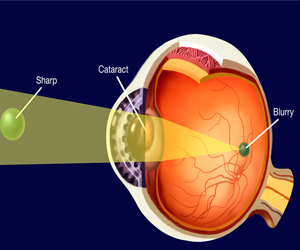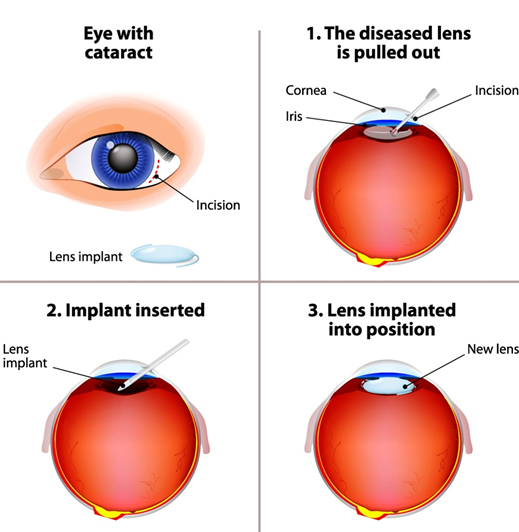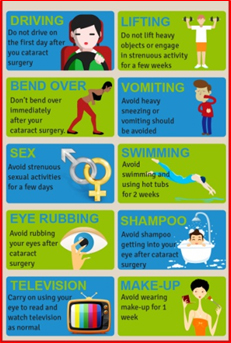Cataract Surgery
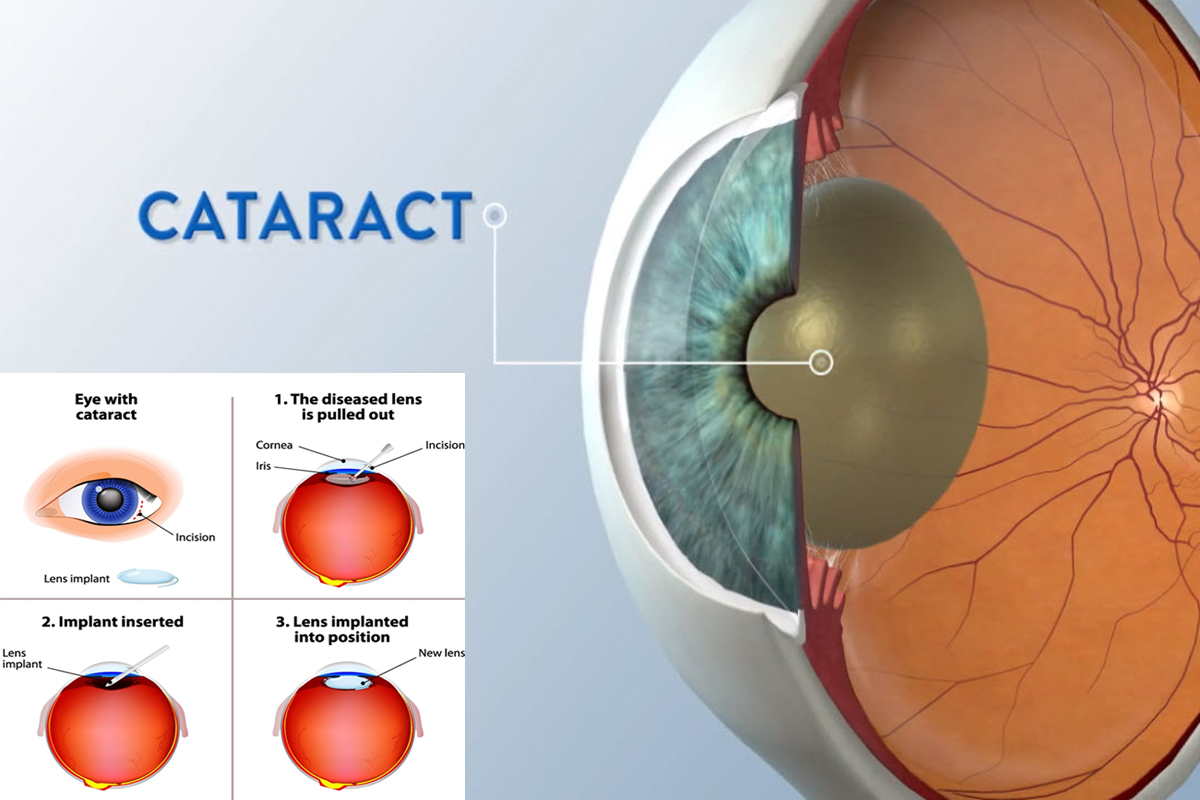
What are cataracts?
A cataract is a cloudy area in the lens of your eye. Cataracts are very common as you get older. In fact, more than half of all Indians age 70 or older either have cataracts or have had surgery to get rid of cataracts. At first, you may not notice that you have a cataract. But over time, cataracts can make your vision blurry, hazy, or less colourful. You may have trouble reading or doing other everyday activities. The good news is that surgery can get rid of cataracts. Cataract surgery is safe and corrects vision problems caused by cataracts.
What are the types of cataracts?
Most cataracts are age-related — they happen because of normal changes in your eyes as you get older. But you can get cataracts for other reasons — for example, after an eye injury or after surgery for another eye problem (like glaucoma).
No matter what type of cataract you have, the treatment is always surgery.
Did you know?
You can get cataracts in one eye or both eyes — but they can't spread from one eye to the other.
By age 70, most people either have cataracts or have had cataract surgery.
Cataract surgery is one of the most common operations in India
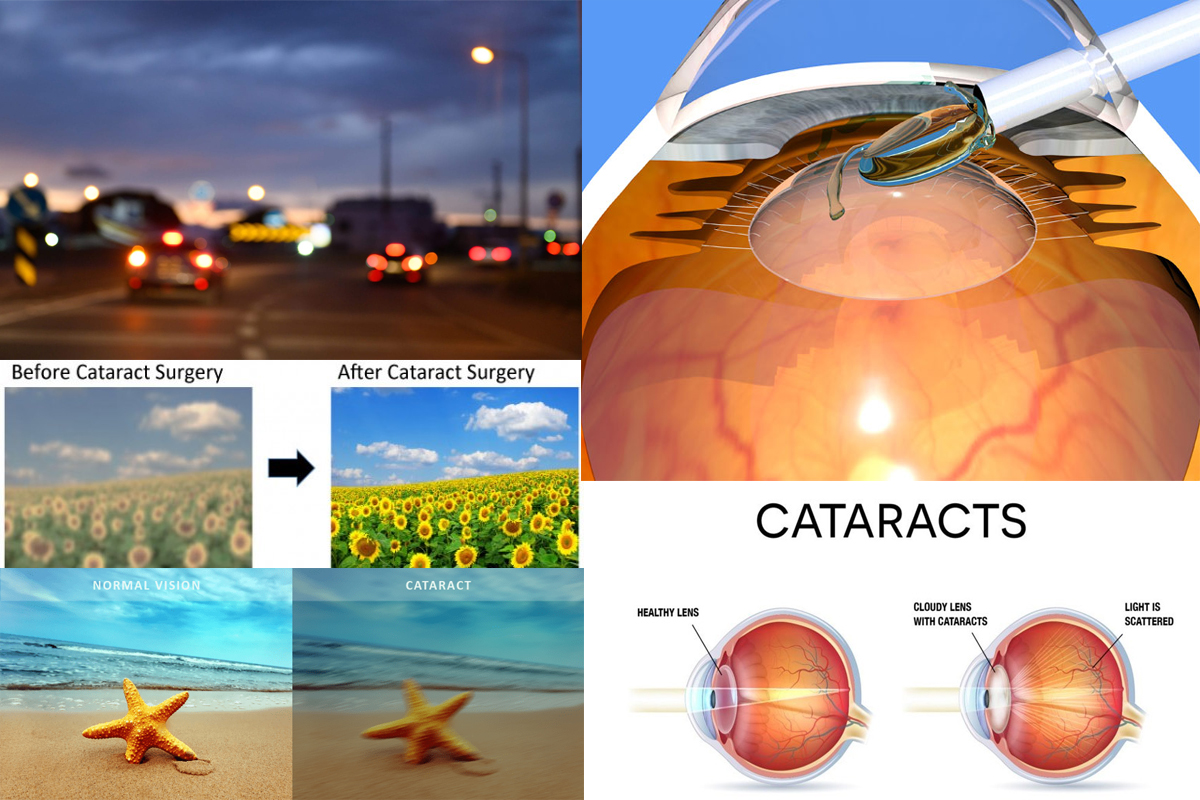
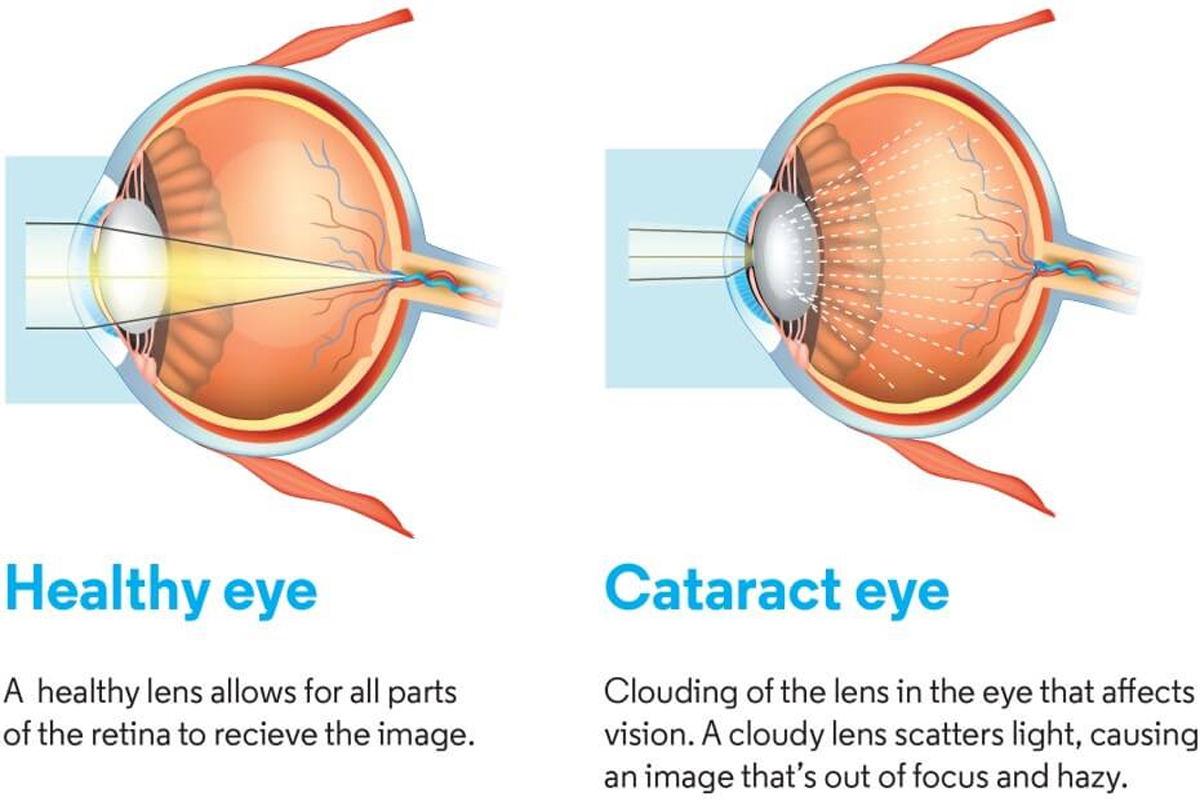
What are the symptoms of cataracts?
You might not have any symptoms at first, when cataracts are mild. But as cataracts grow, they can cause changes in your vision. For example, you may notice that:
• Your vision is cloudy or blurry
• Colours look faded
• You can't see well at night
• Lamps, sunlight, or headlights seem too bright
• You see a halo around lights
• You see double (this sometimes goes away as the cataract gets bigger)
• You have to change the prescription for your glasses often
These symptoms can be a sign of other eye problems, too. Be sure to talk to your eye doctor if you have any of these problems.
Over time, cataracts can lead to vision loss.
Am I at risk for cataracts?
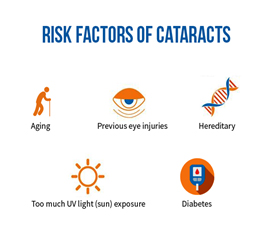
Your risk for cataracts goes up as you get older.
You're also at higher risk if you:
• Have certain health problems, like diabetes
• Smoke
• Drink too much alcohol
• Have a family history of cataracts
• Have had an eye injury, eye surgery, or radiation treatment on your upper body
• Have spent a lot of time in the sun
• Take steroids (medicines used to treat a variety of health problems, like arthritis and rashes)
What causes cataracts?
Most cataracts are caused by normal changes in your eyes as you get older.
When you're young, the lens in your eye is clear. Around age 40, the proteins in the lens of your eye start to break down and clump together. This clump makes a cloudy area on your lens — or a cataract. Over time, the cataract gets more severe and clouds more of the lens.
How can I prevent cataracts?
You can take steps to protect your eyes and delay cataracts.
• Wear sunglasses and a hat with a brim to block the sun.
• Quit smoking.
• Eat healthy. Eat plenty of fruits and vegetables — especially dark, leafy greens like spinach, kale, and collard greens.
• Get a dilated eye exam. If you're age 50 or older, get a dilated eye exam at least once every 2 years.
How will my eye doctor check for cataracts?
An eye doctor can check for cataracts as part of a dilated eye exam. The exam is simple and painless — your doctor will give you some eye drops to dilate (widen) your pupil and then check your eyes for cataracts and other eye problems
What's the treatment for cataracts?
• Surgery is the only way to get rid of a cataract, but you may not need to get surgery right away.
• Early on, you may be able to make small changes to manage your cataracts.
You can do things like:
• Use brighter lights at home or work
• Wear anti-glare sunglasses
• Use magnifying lenses for reading and other activities
• New glasses or contacts. A new prescription for eyeglasses or contact lenses can help you see better with cataracts early on.
• Surgery
Your doctor might suggest surgery if your cataracts start getting in the way of everyday activities like reading, driving, or watching TV. During cataract surgery, the doctor removes the clouded lens and replaces it with a new, artificial lens (also called an intraocular lens, or IOL). This surgery is very safe, and 9 out of 10 people who get it can see better afterwards.
Talk about your options with your doctor. Most people don't need to rush into surgery. Waiting to have surgery usually won't harm your eyes or make surgery more difficult later.
Remember the Tips
• Tell your doctor if cataracts are getting in the way of your everyday activities.
• See your doctor for regular check-ups.
• Ask your doctor about the benefits and risks of cataract surgery.
• Encourage family members to get checked for cataracts, since they can run in families.
Call your doctor right away if you notice any of these problems after surgery:
• Vision loss
• Bad pain that won't go away even if you take medicine for it
• Very red eyes
• Flashes of light or a lot of floaters (specks) in your vision
Most people are completely healed 8 weeks after their surgery. Your doctor will schedule checkups to make sure your eye is healing correctly.
Will my vision be normal after cataract surgery?
About 9 out of 10 people who get cataract surgery see better afterward, but your vision might be blurry at first while your eye recovers.
Some people notice that colours seem brighter after cataract surgery. This is because the artificial lens is clear, while your natural lens had a yellow or brown tint from the cataract.
Once your eye is completely healed, you might need a new prescription for glasses or contact lenses to see clearly.
What are the risks of cataract surgery?
Cataract surgery is one of the most common, safe, and effective types of surgery done all over world. But like any surgery, there are risks, including:
• Swelling, bleeding, or infections
• Vision loss or double vision
• Unusual changes in eye pressure
• Retinal detachment
• Secondary cataract (posterior capsule opacity)
Your doctor can treat these problems if they are caught early. Be sure to go to all of your checkups, and call your doctor if you notice anything wrong with your eyes or your vision.

